European Earthworms vs. Native Forests
susanargus
18 years ago
Related Stories
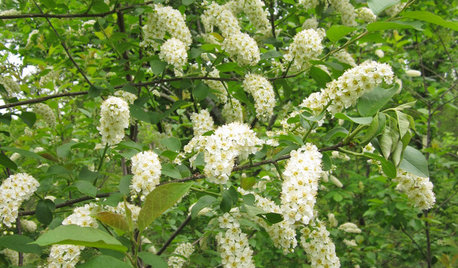
TREESNative Plant Alternatives to Invasive Common Buckthorn
Learn how to identify and control this aggressive plant, and what to grow in its place
Full Story
GARDENING FOR BUTTERFLIES3 Ways Native Plants Make Gardening So Much Better
You probably know about the lower maintenance. But native plants' other benefits go far beyond a little less watering and weeding
Full Story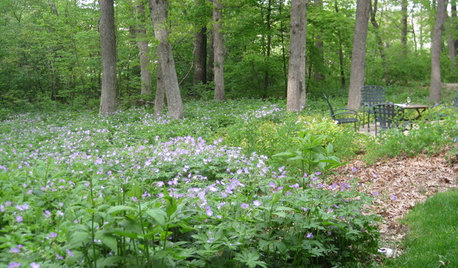
GARDENING GUIDESWe Bust 4 More Native Plant Myths
Have you been taken in by these fallacies about gardening with native plants?
Full Story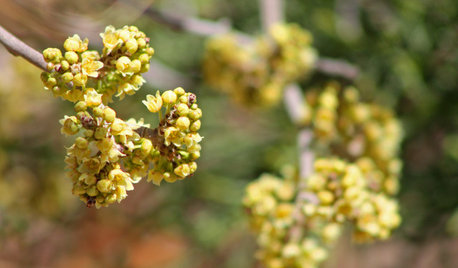
GARDENING GUIDESGreat Design Plants: Rhus Trilobata
Plant skunkbush sumac for its brilliant fall color, and tiny late-winter flowers that provide food for pollinators
Full Story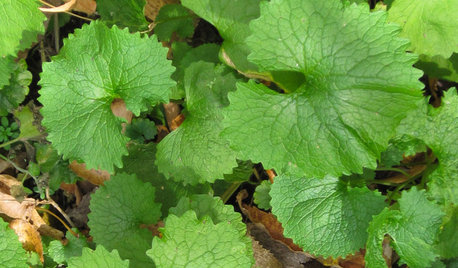
GARDENING GUIDESDo You Have This Invasive Plant in Your Yard?
Garlic mustard is spreading across the U.S. Here’s how to spot it and what to do
Full Story
BEFORE AND AFTERSMy Houzz: A 1950s Bungalow Grows Up and Greens Out
Beauty and energy efficiency go hand in hand in this expanded and renovated Massachusetts forest home
Full Story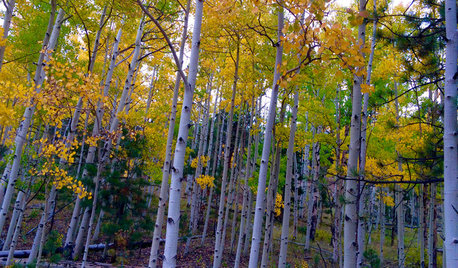
EARTH DAY‘Terroir’ Brings a Sense of Place to Your Landscape
Species native to and characteristic of your region firmly root your garden and landscape
Full Story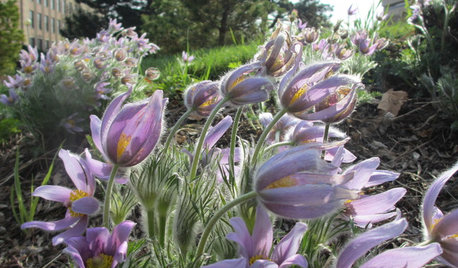
GARDENING GUIDES6 Plants That Beat Butterfly Bush for the Wildlife Draw
It's invasive, a nonnative and a poor insect magnet. Check out these better alternatives to butterfly bush in the garden
Full Story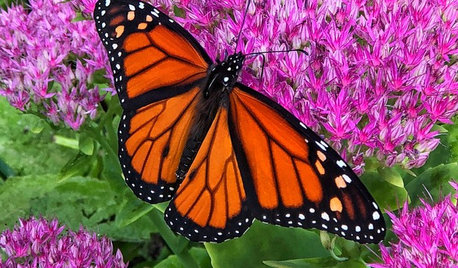
GARDENING GUIDES6 Steps to Creating Your Butterfly Garden
Encourage these fanciful winged beauties to visit your garden while helping restore their fragmented habitat
Full Story
GARDENING GUIDESGreat Design Plant: Milkweed
Quit cringing. This not-weed plant is a sight to behold in the garden, has a delicious vanilla scent and is a magnet for butterflies
Full Story





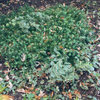
outsideplaying_gw
Treedoc66
Related Professionals
Reading Landscape Architects & Landscape Designers · Franconia Landscape Architects & Landscape Designers · Biloxi Landscape Contractors · Choctaw Landscape Contractors · Gainesville Landscape Contractors · Gresham Landscape Contractors · Harvey Landscape Contractors · South Lyon Landscape Contractors · Southbury Landscape Contractors · Tacoma Landscape Contractors · East Peoria Fence Contractors · Goleta Fence Contractors · Independence Siding & Exteriors · Oregon City Siding & Exteriors · San Diego Siding & ExteriorssusanargusOriginal Author
Treedoc66
adirondackgardener
ahughes798
adirondackgardener
susanargusOriginal Author
well_drained